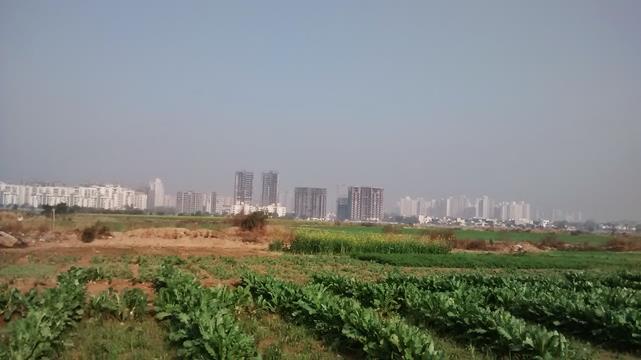(Reposted from my LinkedIn article)
The dreaded next wave of Covid-19 is creeping in India (or not, depending on which version you trust) and I am reminded of the fury of second wave. As my wife and I dealt with our mildly-symptomatic Covid, we used the downtime to help friends and family who had much severe cases – talking to them to keep ourselves and them sane, calling hospitals to arrange beds and oxygen, offering advice to get to hospital (or not) – as the nation went through those 2 months of peak Covid.
As I reflect on it, I realize that even though we blamed the woes on inadequate healthcare systems and policies at that time, it wasn’t really healthcare system in the narrow sense that failed us. It is the broader ecosystem which didn’t function under that unprecedented onslaught. There are three aspects that still make me angry and frustrated.
Lack of credible Data
Availability of real-time and credible data was the biggest gaping hole. Whether it was about hospital beds, oxygen supplies, medicines of all kinds, accessories from oximeter to concentrators; Creation, distribution and management of data was a huge challenge. Add the scruplous elements who were out to make money even in these times, the lack of credible data became a dangerous situation for a large population.
Whatsapp and Telegram groups of all kinds did a tremendous job in this and were the saving grace in this otherwise catastrophic situation.
Curse of mass production
Every lockdown caused people to rush to nearest grocery store (which thankfully had supplies most of the time), every wave caused people to rush to the nearest medicine store (which almost always ran out of materials), every mis-information on Whatsapp groups caused huge panic waves in communities. There were very few units of habitat (village, town, municipality, city) which were self-sufficient for their needs.
Our development model has centralized every small thing (oxygen was a great example, even though it is easy to produce it locally, we have these big plants thousands of mile away which had to fulfill these needs and caused all sorts of logistical challenges when going got tough), every community is dependent on businesses far away from them to fulfill even their basic survival needs. Every community got into panic mode because it realized this huge dependencies on outside world.
Missing local governance
Decision-making has been centralized for quite some time. Most decisions which had very local impact were being taken by central govt or state govts. Most local governance structures in urban areas have not been functioning, and that created havoc – the one-size-fits-all approach to decision-making didn’t work well and created too much restrictions at some places, too little at other places; decisions took time, enforcement was iffy.
Local governance is missing or broken in most areas, we have not cared enough about them, and it was a rude shock to see what this can do to us.
The Antidote
I strongly believe these are tough, but solvable problems. Solutions have to start from the grassroots where individuals like me and you start believing that they are the drivers of the change and they can make it happen. It also has to start from the next generation, which already believes strongly about these issues, we need to help them evolve their thought process and provide them belief and support they need to solve this. We need to help and encourage them when they choose the road less travelled that will solve these tough problems rather than the regular beaten track of career progression that mostly aggravates the problem.
We need to move towards a model where small units of habitat are self-sufficient in their basic needs, and they collaborate for their other needs – similar to what must have been the case in the early stages of civilization. As Schumaker wrote in Small is Beautiful, we need a ‘humane employment of machinery’, which focuses on providing a dignified life, which I strongly believe will happen through these small self-sufficient units of habitat. People like me and you need to believe that we can work out of a small place and make a difference in the local community, rather than clamouring to be in the top 40 cities of the country and continue to aggravate the situation.
I am starting right away on this journey. Are you?


Leave a Reply